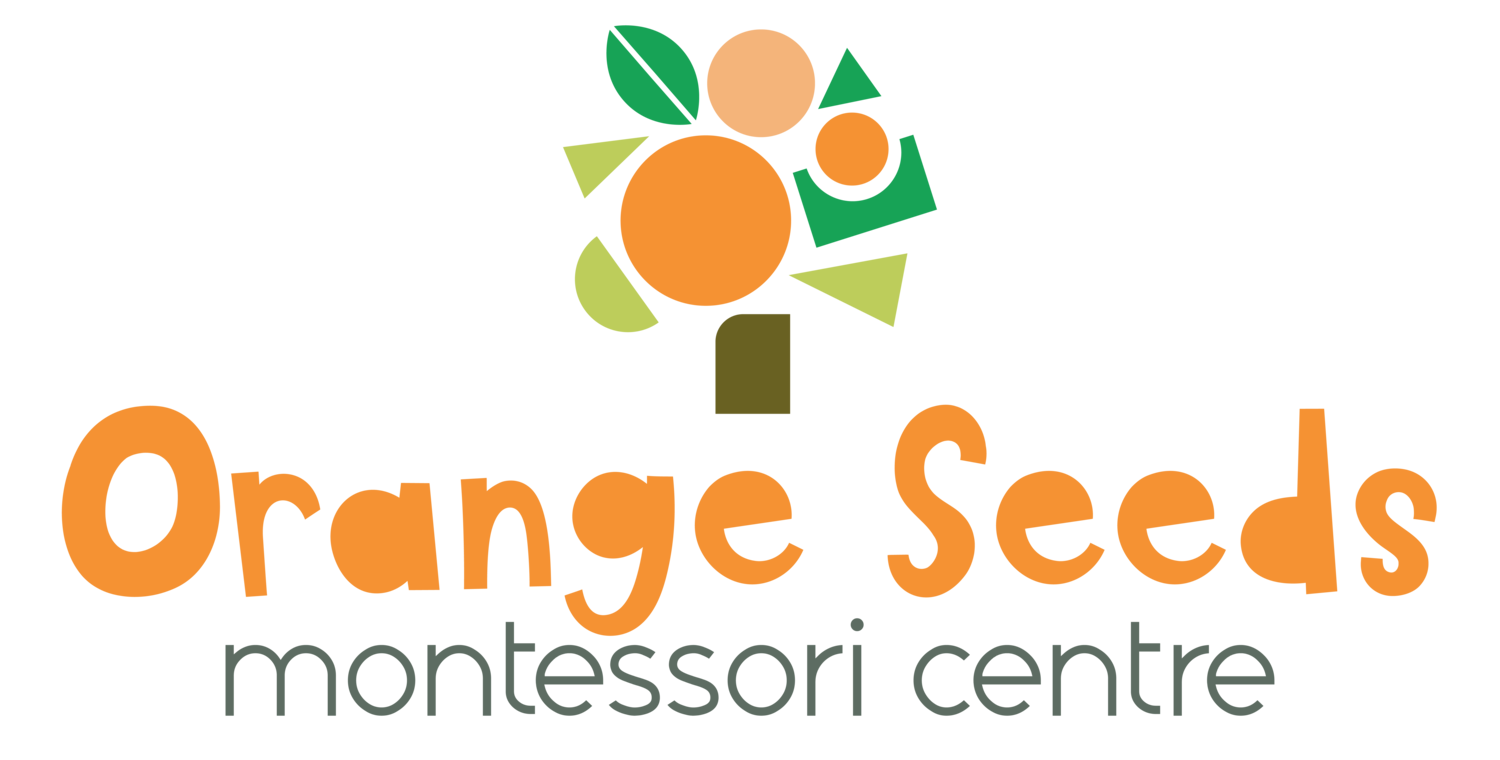Making the Right Choice: Navigating Junior Kindergarten and Montessori Options for Your Child
Are you a parent considering enrolling your child in Junior Kindergarten (JK) or Kindergarten (K)? It's important to carefully consider several factors before making your decision, including the individual needs of your child, the daily routine of the program, healthy and nutritious lunches, after-school care options, summer programs and activities, and whether play-based learning or a structured approach is better suited for your child.
Individual Needs
When considering your child's individual needs, it's important to take their personality, learning style, and any special needs into account. For example, if your child has a speech delay, sensory issues, or a medical condition, you may need to consult with the school or daycare to ensure that their program can accommodate their needs. It's also key to ensure that your child is emotionally ready, as some children may experience separation anxiety or difficulty adjusting to a new environment.
Daily Routine
The daily routine of JK and K programs typically includes a mix of structured activities, free play, outdoor time, and rest periods. Parents should familiarize themselves with the schedule and ensure their child is well-rested and prepared for the day. Congested drop-off in the morning can be a challenge, so it's important to plan ahead and find a way to minimize delays.
Meals
The majority of public schools in Canada do not offer hot lunches, so it becomes the parents’ responsibility to pack healthy and nutritious lunches for their child each day. This not only supports children's physical health but also helps them to stay alert and focused throughout the day. Take the time to get to know your child's preferences and dietary restrictions when packing their lunch and to include a variety of food groups.
After-School Care
After-school care is often a pivotal factor in this decision-making process, particularly for parents who work outside the home. Many schools and daycares offer on-site after-school programs, but these programs may fill up quickly or have limited availability. Parents may need to research alternative options, such as nearby community centers or other daycare facilities whilst anticipating transportation needs, such as bus service or carpooling, when selecting an after-school program.
Summer Programs and Activities
Many companies, as well as daycares, offer summer programs or camps which can be a great way for children to continue their learning and socialization during the summer months. These programs are often in high demand, so it is important to plan ahead of time to ensure your child’s participation. For parents who would prefer an alternative option to stimulate and engage their children during the summer months, activities such as family vacations or visits to local attractions also provide a well-rounded summer experience for your child.
Approaches to Learning
Play-based learning is designed to be fun and engaging for children, but for some it may feel overwhelming and, in turn, prefer a more structured approach to learning. Your child's learning style and personality should be at the heart of the selection process for a program or daycare. While play-based learning can help develop important social and emotional skills, structured learning may be better suited for children who thrive on routine and clear expectations. Ensuring that your child is comfortable and engaged in the learning process is of utmost importance.
Ultimately, by taking the time to carefully consider these factors and prioritize your child's individual needs and interests, you can make an informed decision about whether junior kindergarten or kindergarten is the right choice for your child and set them up for a successful and fulfilling educational experience.



